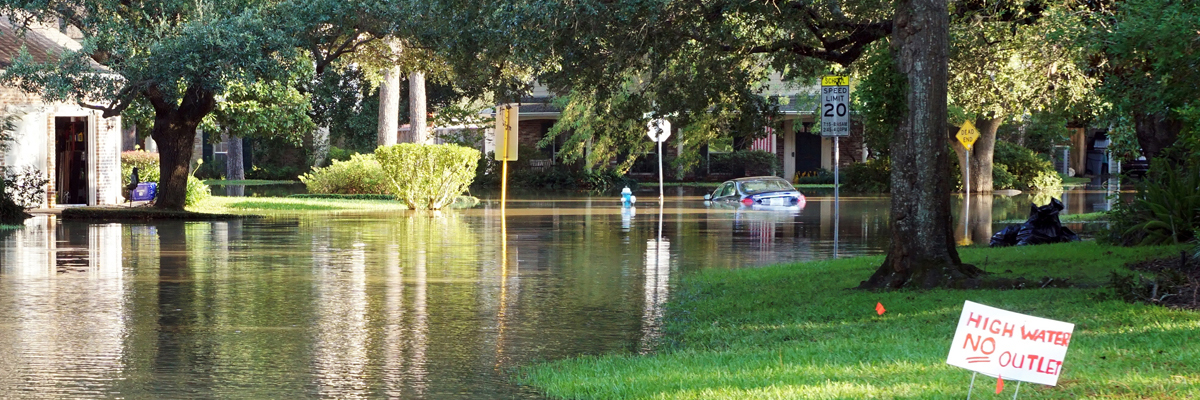A new rapid analysis concludes that the extreme rainfall and flooding caused by Tropical Storm Imelda was made more likely and intense due to global warming.
Rapid attribution of the extreme rainfall in Texas from Tropical Storm Imelda



A new rapid analysis concludes that the extreme rainfall and flooding caused by Tropical Storm Imelda was made more likely and intense due to global warming.

After the extreme heat that took place in the last week of June 2019, a second record-breaking heat wave struck Western Europe and Scandinavia at the end of July 2019.

A heatwave struck large parts of Europe during the last week of June 2019, breaking several historical records at single locations in France, Switzerland, Austria, Germany, the Czech Republic and Spain.

New Research published in the Journal of Climate sheds new light on the long-standing question of how much of the observed changes in Earth’s temperature are due to natural ocean cycles. The short answer is, very little.

In August 2017 Bangladesh faced one of its worst river flooding events in recent history. Scientists performed an attribution of this precipitation-induced flooding to anthropogenic climate change from a combined meteorological and hydrological perspective.